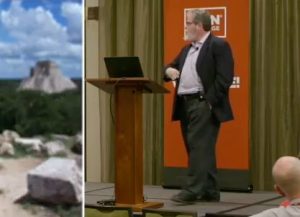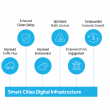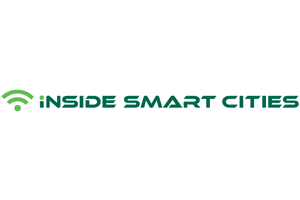 In this video from the DDN User Group at SC17, Joel Zysman from the University of Miami Center for Computational Science presents: Sensors, AI, and Storage: Accelerating Smart City Development.
In this video from the DDN User Group at SC17, Joel Zysman from the University of Miami Center for Computational Science presents: Sensors, AI, and Storage: Accelerating Smart City Development.
Joel Zysman is the Director of Advanced Computing for the University of Miami’s Center for Computational Science. Mr. Zysman has been an active member of the advanced computing community for over 15 years. He has held positions in research centers at The Scripps Research Institute (Florida) and in Industry at Merck Research Labs, Silicon Graphics Inc., and Cray Research Inc.
He has published numerous articles on IO subsystems as well as advanced computing applications in research. He has more than 15 years’ experience in advanced computing systems and application design and implementation and specializes in storage design, data management and movement, and distributed computing in bioinformatics and life sciences. Mr. Zysman has a particular interest in bringing advanced computing technologies to non-traditional user communities and has started a joint research program with the Frost School of Music in Computational Musicology and Music Engineering.
Transcript:
So first of all the while I’m the one giving the talk today. I am of course merely representing the center for computational science. The center is a fairly unique thing within the university of Miami. As you can see we have a number of different focus areas that we call that we’ve worked with every single one of these is led by a senior faculty member who actually works for the center as well. So we’ve actually made an investment in this to make sure that we’re actually directly embedded with the research community.
My group, the advanced computing group, is on the bottom and along with software engineering and outreach we work with the groups to access all of the resources we have at the university of Miami. As I said unfortunately not to lead the advanced computing group and we have a motto will follow the data. We’re a little bit different than a traditional computational group were split into three different focus areas big data analytics high performance computing operations and cloud services.
Our systems right now that we have just everyone has an idea of what we’re talking about is:
- The Pegasus supercomputing cluster, about 10,000 cores
- Jabberwocky, a 1000-core visualization cluster
- Vault, a couple of hundred-core secure processing environment
- WADE, which is a worldwide storage cloud which is currently at about 8.5 petabytes right now that we’re serving out. That’s active data. We don’t maintain archive data within our group.
- And then finally we have had our big data analytics infrastructure Bigfoot and I’ll explain why I kind of use the past tense with that in a minute.



Leave a Comment